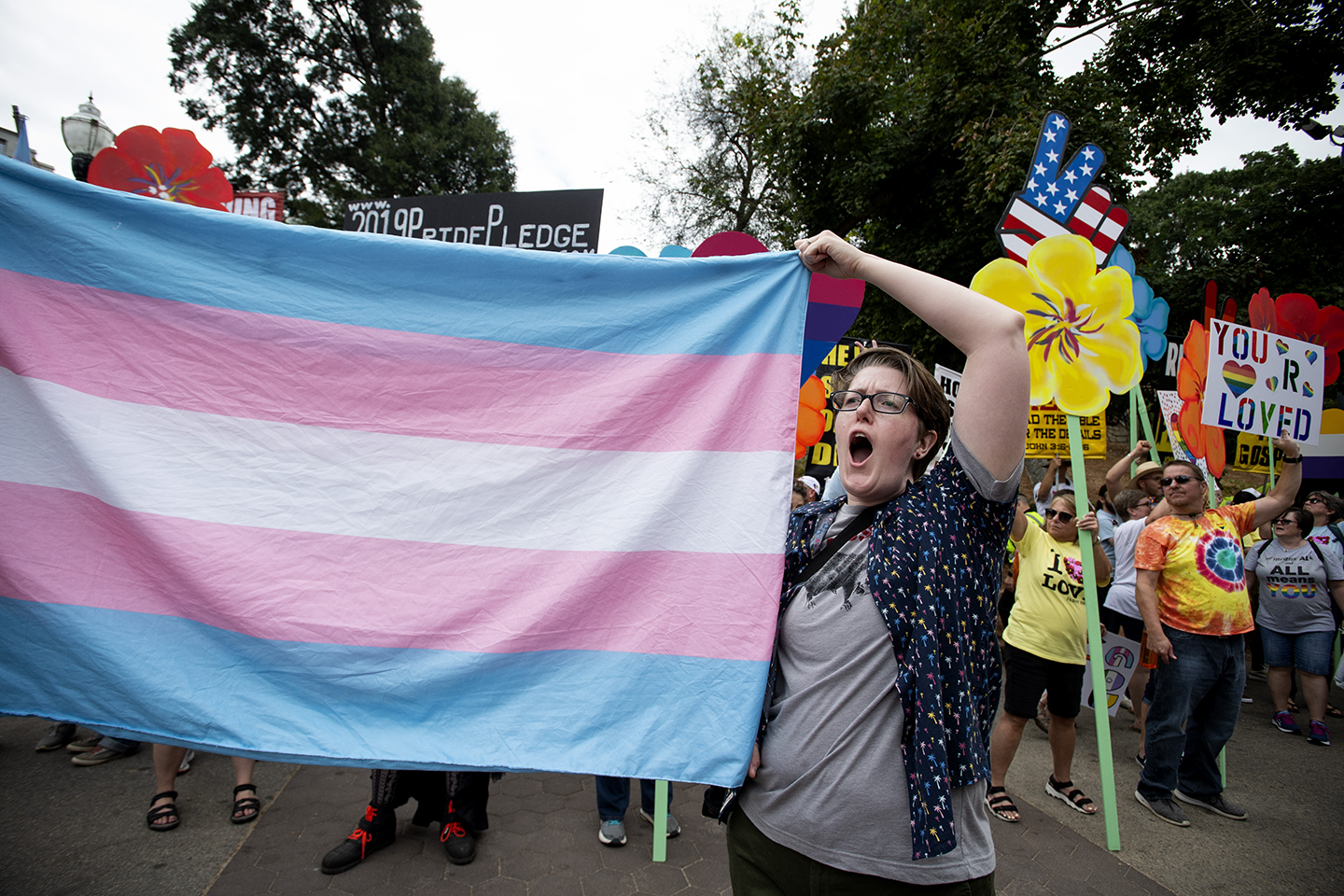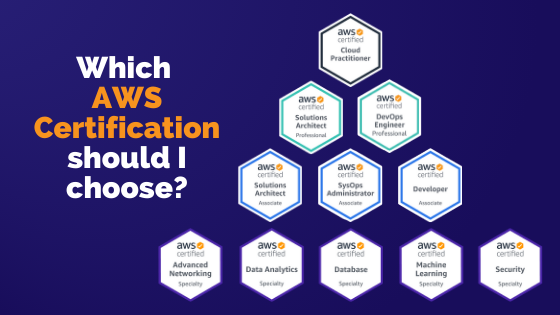LGBTQ+ students face unique challenges in high school, including discrimination, harassment, and bullying. As an education lawyer for high school students, it is important to understand the legal protections available to LGBTQ+ students and how to advocate for their rights.
Legal Protections for LGBTQ+ Students
Any federally funded school program or activity must adhere to Title IX of the Education Amendments of 1972, which outlaws sex discrimination. In 2020, the Supreme Court ruled that Title IX also prohibits discrimination based on sexual orientation and gender identity.
Furthermore, discrimination based on disability, including disability relating to gender identity or sexual orientation, is prohibited by the Individuals with Disabilities Education Act (IDEA) and Section 504 of the Rehabilitation Act.
Advocating for LGBTQ+ Students
Education lawyers for high school students can play a crucial role in advocating for the rights of LGBTQ+ students. This can include:
- Representing students in legal proceedings: If a student’s rights have been violated, an education lawyer can represent them in legal proceedings to seek redress.
- Educating school officials: Education lawyers can work with school officials to educate them about the legal protections available to LGBTQ+ students and how to create a safe and inclusive environment for all students.
- Drafting policies and procedures: Education lawyers can assist schools in developing policies and procedures that protect the rights of LGBTQ+ students, such as gender-neutral bathroom policies and non-discrimination policies.
- Providing support and resources: Education lawyers can connect LGBTQ+ students with resources and support, such as counseling services and LGBTQ+ advocacy organizations.
Creating Inclusive Environments
In addition to legal advocacy, education lawyers for high school students can work with schools to create inclusive environments for LGBTQ+ students. This can include:
- Providing training for school officials: Education lawyers can provide training to school officials on how to create an inclusive environment for LGBTQ+ students.
- Developing curriculum: Education lawyers can assist schools in developing a curriculum that includes LGBTQ+ perspectives and histories.
- Creating support groups: Education lawyers can work with schools to create support groups for LGBTQ+ students, such as Gay-Straight Alliances (GSAs).
By advocating for the rights of LGBTQ+ students and working to create inclusive environments, education lawyers for high school students can help ensure that all students have access to a safe and supportive learning environment.





